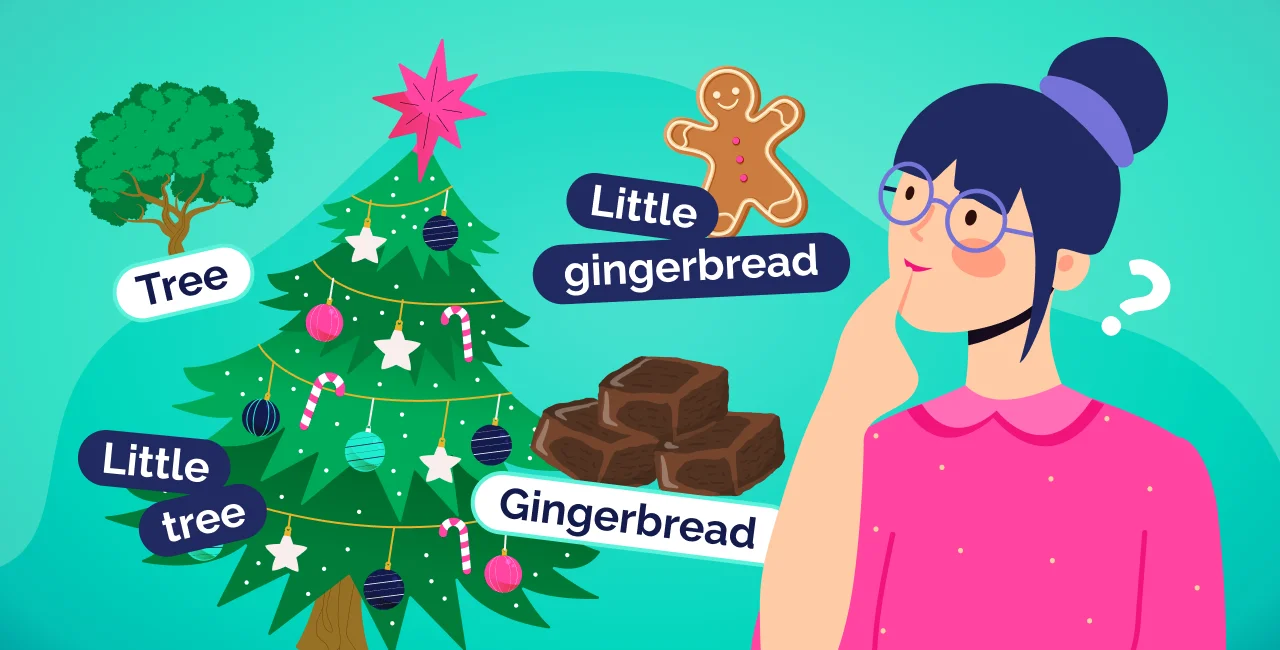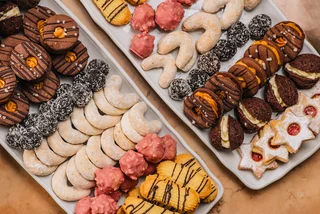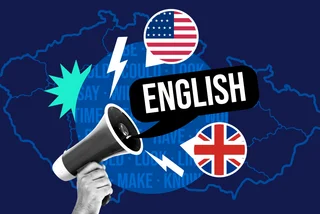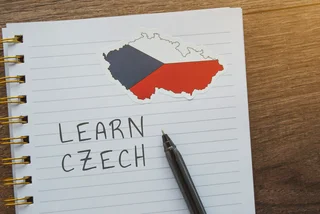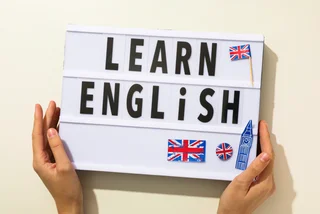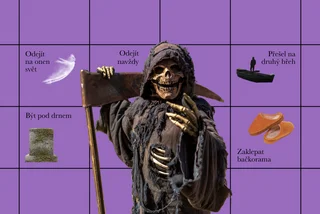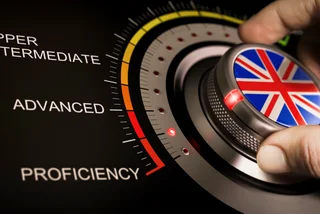Christmas is coming, and with it the perfect opportunity to practice the affectionate terms and twee forms of Czech language diminutives. Every Czech noun has one and sometimes more diminutives, a modification of the root word that's used to convey a slighter degree of its basic meaning, or a sense of intimacy or endearment. A perfect example is the Czech word for mother: MÁMA – MAMKA – MAMINKA - MAMINEČKA. As the word changes our love becomes more steadfast and stronger.
Trees and gifts
At Christmas diminutives are all around you. We never buy a STROM (tree) for Christmas, we always buy a STROMEČEK (a diminutive from the word “tree”) and it doesn't matter how big it is. So when you say STROMEČEK, Czech speakers automatically understand that you mean a Christmas tree.
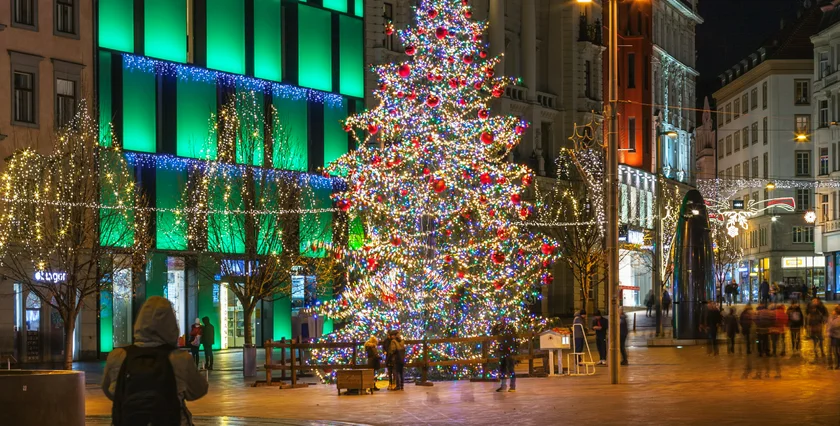
And what will we find under the tree? A gift. A gift is DAR in Czech. But we use this word only in a specific context, such as a wedding gift (SVATEBNÍ DAR). At Christmas, we find a DÁREK under the tree. And again, it doesn't matter how big it is. But be careful not to call it a DÁREČEK, that would mean it's really small.
The Czech gift bringer, baby Jesus, is expressed in the diminutive form - JEŽÍŠEK. Because Christmas is the symbol of the birth JEŽÍŠ, he brings us presents in the form of a child, which is why we use the diminutive.
Pod stromečkem jsou dárky od Jěžíška = Under the Christmas tree are presents from baby Jesus.
Cookie (and word) shapes
Baking gingerbread is Czech Christmas tradition. Did you know there are two kinds? When you make batter, pour it on a baking sheet, and bake it then cut the gingerbread into squares and eat it with currant jam, that's PERNÍK. But at Christmas when you bake gingerbread cookies cut from dough into little shapes and decorated, that's PERNÍČEK.
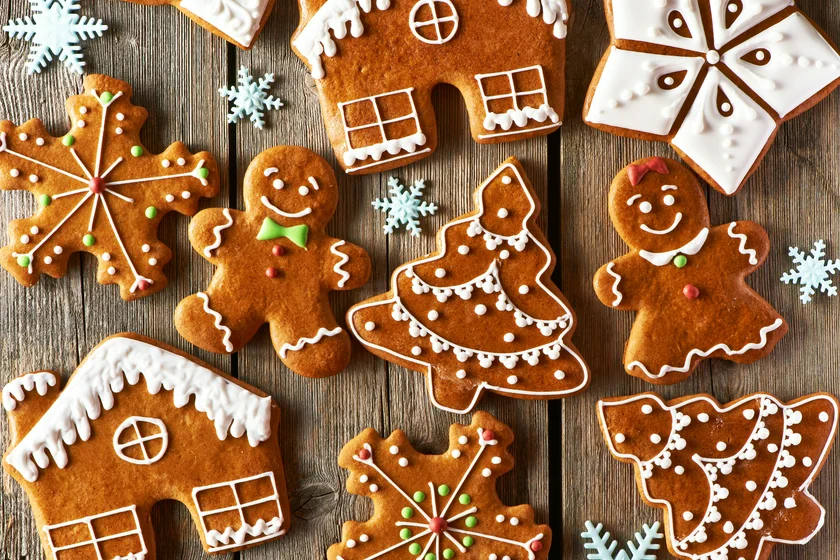
The most popular type of Christmas cookies are vanilla crescents or rolls. The cookies takes its name from the typical Czech pastry, the roll - ROHLÍK. The vanilla roll has the same shape, but of course it's smaller, which is why it's called ROHLÍČEK.
We also cut out KOLEČKO (little circle) cookies at Christmas. The word KOLO (circle) by itself means, a car wheel or a bicycle, but certainly not a shape for a cookie. SRDÍČKO (little heart) is a favorite, too, not to be confused with SRDCE (heart), what's in our chest. Another typical shape is HVĚZDIČKA, a small star. You use the “big” word HVĚZDA (star) when you are looking at the sky at night, or when you see someone famous!
More Czech Christmas diminutives
- DÁRKY (presents)
- KRABIČKY (little boxes)
- BALÍČKY (little packages)
- BABIČKA (little grandma, because BÁBA is rather rude!)
- OŘÍŠEK (little nut)
The word HVĚZDIČKA (star) is also used in an important Czech Christmas tradition. Each family member gets an apple and cuts it in half. If there is HVĚZDIČKA (little star) in the middle, all will be well all year. If there's a KŘÍŽEK (little cross) in the middle, not so much. The cross that appears in the apple is a small one, if not it'd be a KŘÍŽ.
Another Czech tradition sees walnut shells floated on the surface of a bowl of what, or in the sink or bathtub, like boats. You will need a sink or maybe a bathtub. It makes sense that the shell boat is a small one (LODIČKA), it's not a big boat (LOĎ). A little candle (SVÍČKA vs. the word SVÍCE for a large one) is placed in each shell. If the little boat makes it across the water it means its owner can look forward to a long and happy life.
Ready to test your use of Czech diminutives? Listen to the short recording below.












 Reading time: 3 minutes
Reading time: 3 minutes 